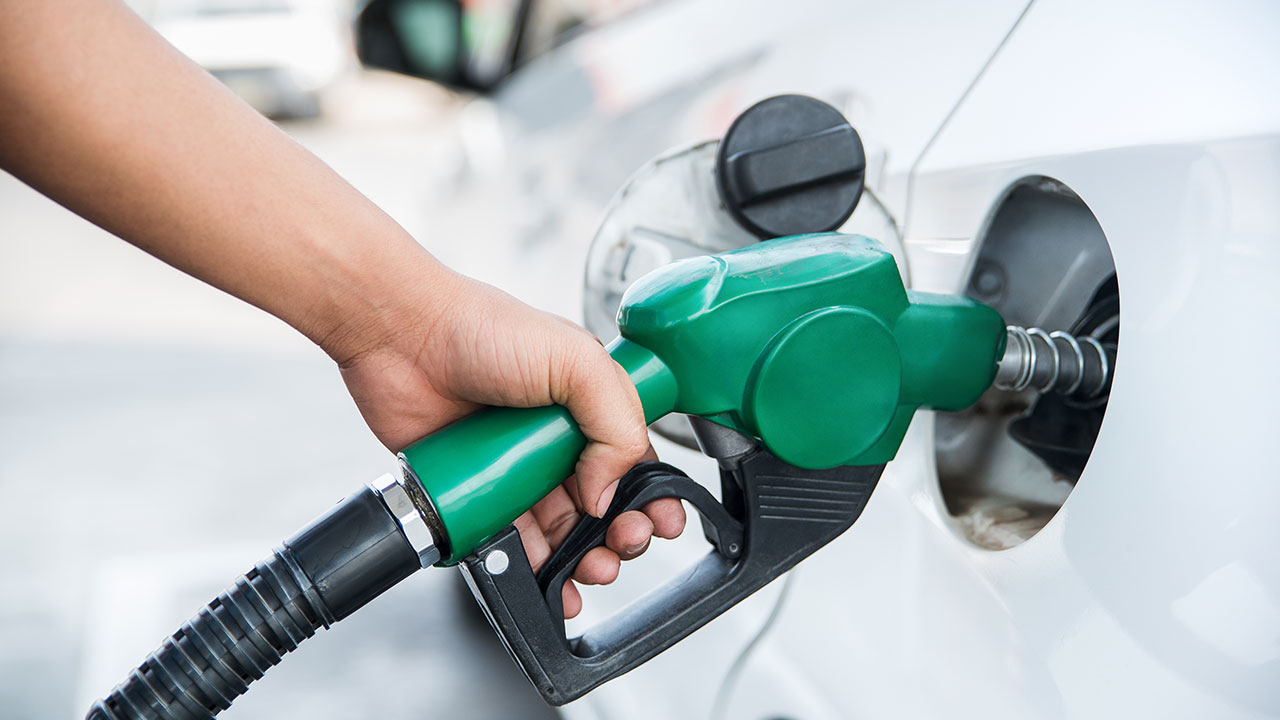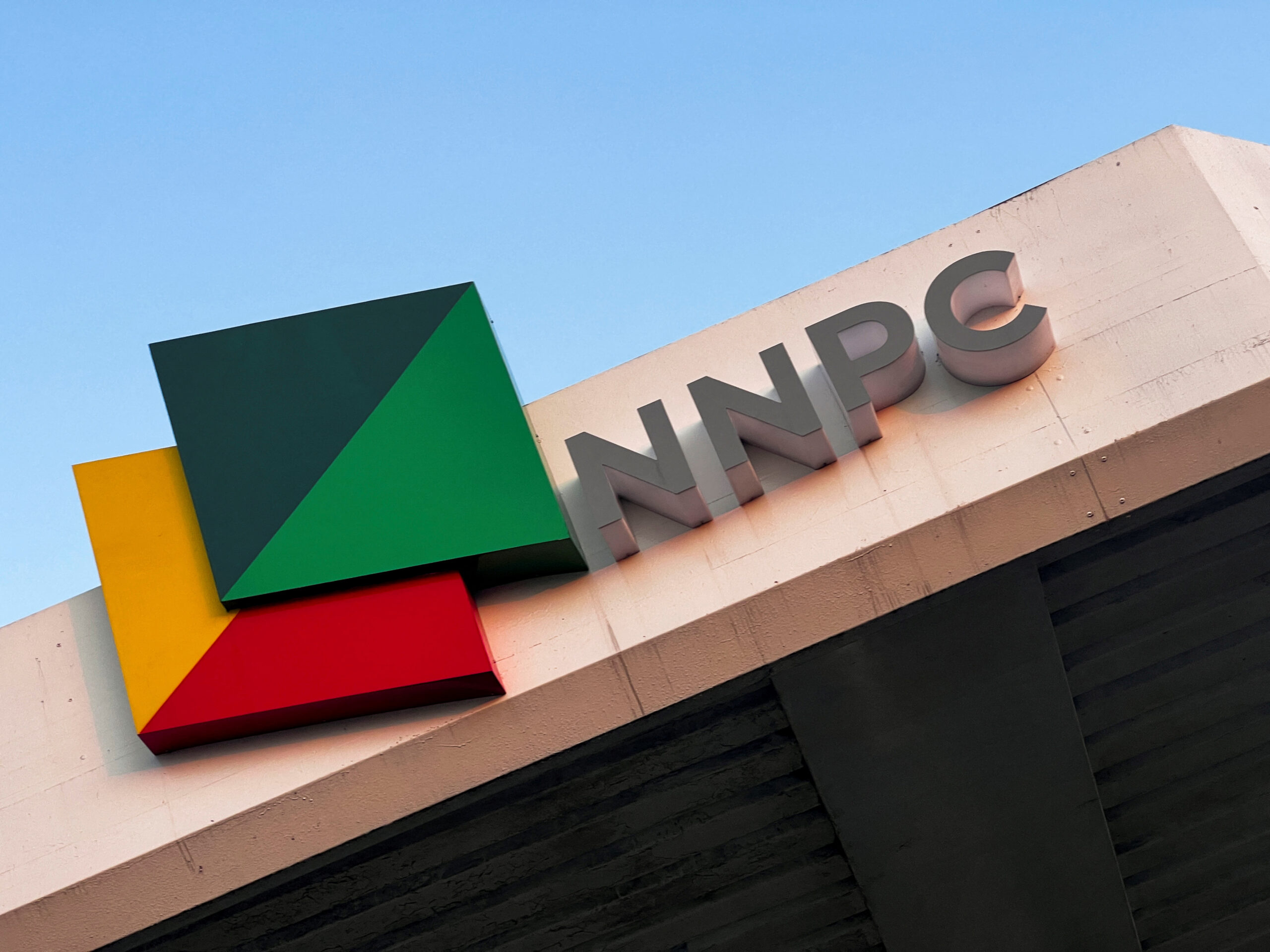Petroleum product retailers and marketers have shed light on the ongoing reliance on petrol imports, even with the operational Dangote Refinery and other local refineries. In a recent interview, the President of the Petroleum Products Retail Outlet Owners Association and the former Chairman of the Major Marketers Association of Nigeria pinpointed competitive pricing, market competition fears, and insufficient local production capacity as key drivers behind the continued imports.
This explanation comes as national data reveals a staggering 105 percent surge in petrol imports, reaching N15.4 trillion by the end of 2024, with February 2025 alone recording N930 billion in fuel imports. The figures have sparked unease among downstream sector stakeholders, highlighting a disconnect between local refining ambitions and reality.
The Nigerian Midstream and Downstream Petroleum Regulatory Authority recently noted that the combined output of Dangote, Port Harcourt, and Warri refineries covered only half of the country’s petroleum needs in February 2025. In contrast, the head of the $20 billion Dangote Refinery has claimed it can fully meet Nigeria’s demand, creating confusion among the public. Adding to the mix, the Nigerian National Petroleum Company (NNPC) insists it has not imported petrol in 2025, leaving Nigerians grappling with conflicting narratives.
The retailers’ leader emphasized a pragmatic approach, stating that they source fuel from wherever it’s most cost-effective—be it Dangote, NNPC, or imports—to prevent a monopolized market. He criticized sudden price drops by refineries, like a shift from N889 to N825 per liter, arguing it undermines retailers who buy at higher rates and disrupts stability. “We’re not shying away from local refineries,” he said, “but we need fair competition and predictable pricing for the sector to thrive.”
Meanwhile, the former marketers’ chairman argued that local refineries aren’t yet producing enough to satisfy demand, necessitating imports to avoid shortages. He dismissed the narrative of rising imports as misleading, pointing out NNPC’s halted import role and questioning the timing of the 2024 data’s prominence. “If local supply was sufficient and priced right, no sensible business would import,” he asserted, suggesting the issue lies in capacity shortfalls rather than market sabotage.
The stakes rose when Dangote’s 650,000-barrel-per-day facility began petrol supply on October 15, 2024, followed by NNPC restarting production at Port Harcourt and Warri refineries in late 2024. Recent price cuts to between N860 and N880 per liter by both triggered a downstream price war, with pump prices now ranging from N860 to N970 nationwide. Yet, despite these strides, imports persist, underscoring a complex battle between local ambition and economic practicality in Nigeria’s fuel landscape.
Social media chatter mirrors the debate, with some praising Dangote’s potential to end import reliance, while others question why shortages linger if refineries are active, hinting at deeper structural or policy hurdles. The tension between local production and import dependence remains unresolved, keeping Nigerians on edge as prices and supply teeter.












I wonder if corruption plays a role in Nigerias persistent petrol imports. Its a messy situation!
Why not invest in renewable energy sources instead of relying on petrol imports? Lets prioritize sustainability over convenience.
I dont get it, why cant Nigeria refine enough petrol locally? Are there hidden agendas at play here? #CuriousMinds #FuelMystery
I wonder if corruption plays a bigger role in Nigerias petrol import problem than we think. What do you guys think?
I dont get it, why cant Nigeria just focus on refining their own petrol instead of relying on imports? It doesnt make sense to me.
I cant believe the government still hasnt solved this issue! Why are we still importing petrol when we have the resources to refine it locally?
Why not invest in renewable energy instead of relying on petrol imports? Lets prioritize sustainability for the future!
I dont get why Nigeria keeps importing petrol when they have the means to refine it locally. Its just not adding up!